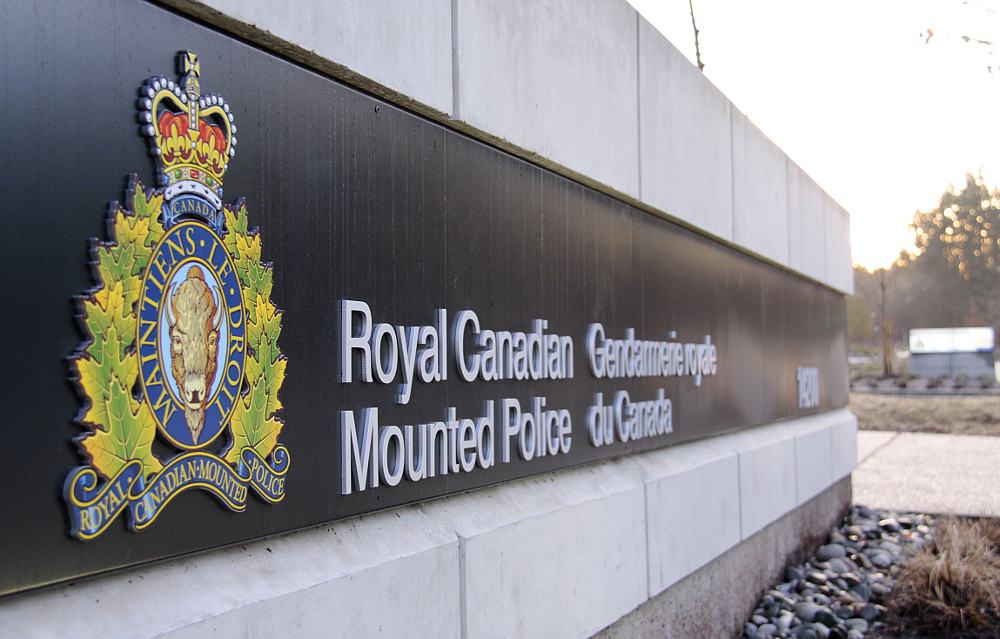
The recent RCMP report on Const. Jean-Pascal Nolin’s tragic suicide identified the need for nationwide research, more psychologists and mental health education for members of the police force.
While the details of this 39-page report are withheld for now, the media discussion on the recommendations seems to be missing a crucial point. What else could a nationwide study identify that existing literature hasn’t established already? More importantly, why does it seem that the rest of society views “mental health” as a buzzword, while police officers are left to suffer alone in silence?
In recent years, there has been a shift towards prioritizing officers’ wellness needs. Today, mental health resources for Canadian police officers have grown, with the RCMP offering greater mental health support.
Other initiatives include Critical Incident Debriefings and Stress Management Programs, where all members involved in a case have the opportunity to talk about what they witnessed with each other. Some larger police forces, including our local Saskatoon Police Service, have psychologists and mental health experts on their team.
In speaking with several active and retired Canadian officers, they acknowledged that large strides have been made towards destigmatizing mental illness. But many of them expressed concerns about how mental illness is equated with weakness in police culture, despite the recent systems and initiatives implemented.
There seems to be a divide between the “older” and “newer” generations made prominent by an expectation of strength and resilience commonly upheld by senior officers.
Rookie cops who can be more aware of their personal mental health limitations may be identified as “weak” or outed as different from the uniform group. Motivated by career progress, they would much rather avoid that label, toughen up and suffer in silence.
Officers who advocate for change want more discussions on mental health in policing. Instead of pushing for a complete organizational overhaul, the best approach may be to find a middle ground between the “old attitude” and a new cultural shift.
Changing the language around mental health is necessary so that it lines up with the dominant culture of perseverance and the societal pressures to prioritize members’ needs. The goal of de-stigmatization is nuanced, but it appears to be attainable.
For example, let’s look at taking time off to spend it with your parents, child or partner. Whether it’s taking them to the movies or some special event, a day off from work to be with your family is a mental health day in itself.
However, by not disclosing it as a “mental health day” to superiors, it allows officers to take the necessary two or three days off without any social or professional repercussions.
With the current stigma associated with mental illness, coming back from a mental health day could result in the officer returning to a hostile work environment. But with a shift away from the current culture, the officer who spent time with their loved ones could come back mentally and emotionally rested. They could be greeted by colleagues who respect and understand the decision to prioritize family over work.
I understand the critique that this could be seen as “playing the system.” In my opinion, the small number of officers who want to take advantage of their unlimited mental health leaves will do so. But the overwhelming majority of those who are dedicated to their jobs should be aware of their human limitations and know when to take that necessary family day.
The result? Happier, healthier officers who demonstrate a work-life balance. This could lead to fewer officers and Mountie suicides. Perhaps even a better, stronger police force. But surely enough, these are small, significant steps towards destigmatizing mental illness in policing.
This op-ed was written by a University of Saskatchewan undergraduate student and reflects the views and opinions of the writer. If you would like to write a rebuttal, please email opinions@thesheaf.com.
—
Photo: Flickr / Waferboard
Leave a Reply